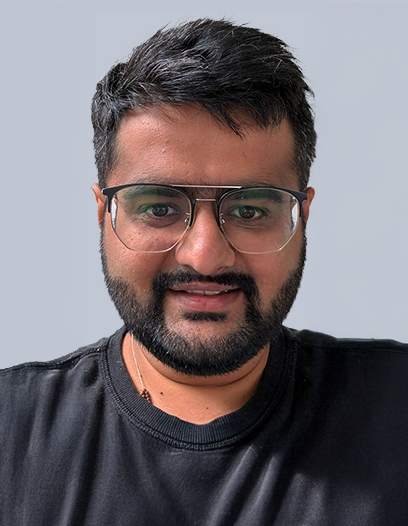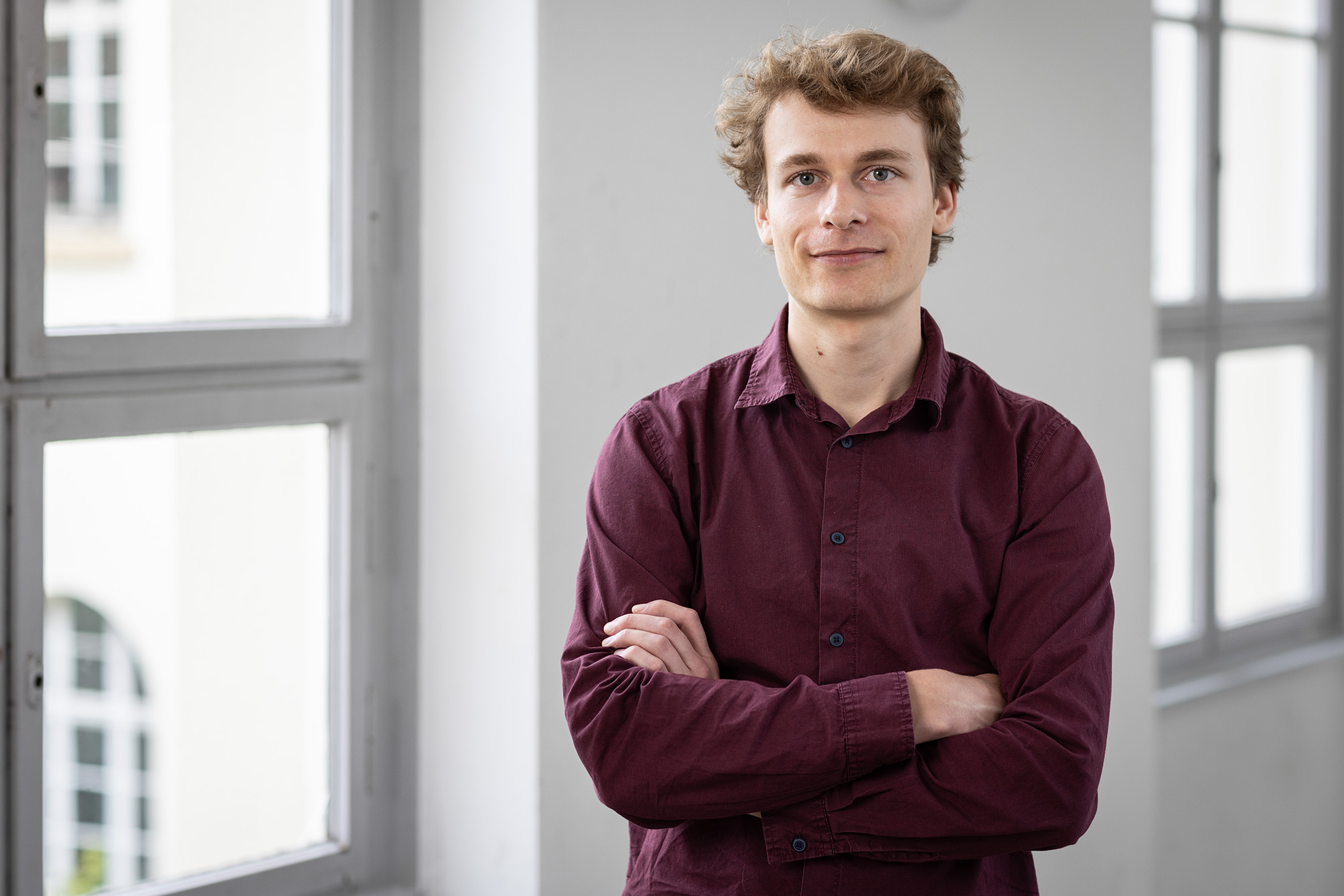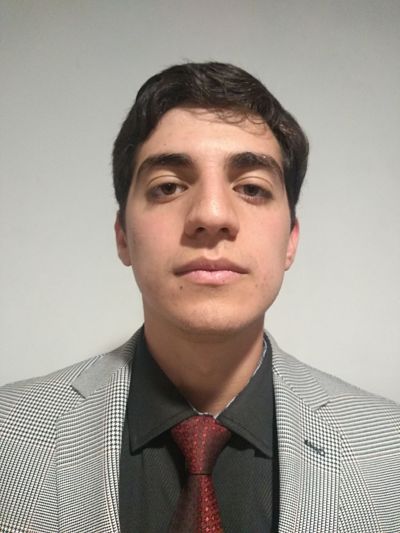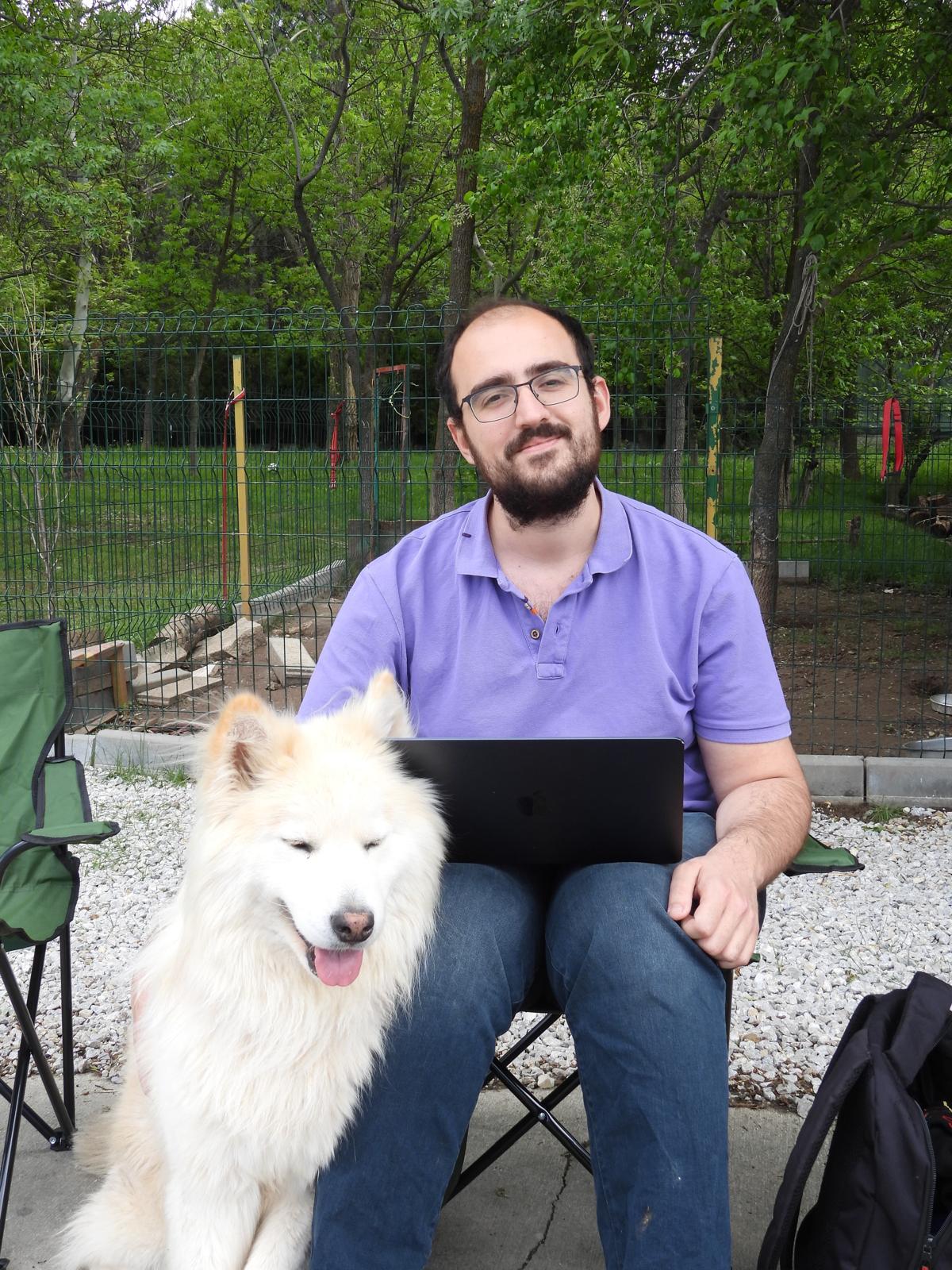NHR Graduate School
 The NHR Graduate School is the joint graduate school of the nine NHR Centers. We support qualified national and international PhD students in the field of high-performance computing.
The NHR Graduate School is the joint graduate school of the nine NHR Centers. We support qualified national and international PhD students in the field of high-performance computing.
The NHR Graduate School offers its fellows a three-year full-time scholarship at an NHR Center. In order to ensure an excellent research environment, all doctoral students are supervised at a center whose focus of expertise coincides with the topic of the doctoral project. Doctoral students have academic supervisors who assist them in all aspects of the dissertation, including advice on participation in professional meetings and the publication of their research.
A special feature is the six months of interdisciplinary research to be completed at a different NHR Center (secondment). This gives the doctoral students an insight into the divergent working methods of the centers.
The graduate school does not only provide the financial support of the doctoral students but also organizes an annual joint summer school (duration 3-5 days), which covers the following topics:
- Operation and computer architecture
- HPC Software Engineering
- Application of efficient HPC methods for different research domains
Working as a scientist requires more than just excellent research. To develop additional skills and receive advice from experienced researchers, the NHR graduate program also includes soft skills courses and mentoring opportunities. NHR@FAU hosted the Graduate Week 2025. Here you can get an idea of what such a productive week might look like.
Overview of the NHR Graduate School Students
At NHR@FAU, the following PhD students are currently funded by the NHR Graduate School:
Raviraj Mandalia
 Department of Chemistry and Pharmacy
Department of Chemistry and Pharmacy
Chair of Theoretical Chemistry
Tentative PhD title
Development of correlation based electronic structure methods
Abstract
The accurate prediction of electronic correlation energies remains a fundamental challenge in quantum chemistry. Here, at the Chair of Theoretical Chemistry under the supervision of Prof. Andreas Görling, I explore how to improve the efficiency and accuracy of advanced density-functional methods based on adiabatic-connection fluctuation-dissipation theorem. Specifically, I implement and test sigma functionals to enhance the accuracy of the correlation energy in molecular as well solid states systems. Sigma functionals introduce additional flexibility in capturing many-body exchange-correlation effects compared to methods relying on random phase approximation (RPA), thereby improving beyond the performance of RPA for a broad range of properties with little additional computational effort.
Our approach involves systematic benchmarking of developed functionals against high-level wave function methods and experimental data. We analyze their impact on key electronic structure properties, including atomization/cohesive energies, reaction energies and barriers, and non-linear optical properties. The research contributes to the ongoing development of methods to accurately calculate correlation, paving the way for more reliable and scalable electronic structure predictions in computational and quantum chemistry.
NHR@FAU PI: Prof. Dr. Ulrich Rüde, Chair of Computer Science 10 (System Simulation)
Fabian Böhm
Department of Computer Science
Chair of Computer Science 10 (System Simulation)
- Email: fabian.boehm@fau.de
- Website: https://www10.cs.fau.de
Tentative PhD title
Efficient Solution of Large-scale Partial Differential Equations on Hybrid Tetrahedral Grids by Novel Multigrid Approaches.
Abstract
Certain problems in the natural sciences, such as mantle convection (the transport of heat and matter through the Earth’s outer mantle), are not fully understood and are beyond the reach of traditional experiments. In this particular example, the domain is too large to observe and inaccessible under kilometers of solid rock, so numerical modeling and simulation are required.
My current research interest is to improve the efficient solution of the very large and sparse linear systems to which these simulations boil down. This highly interdisciplinary task requires three ingredients. The mathematical solution algorithm must be scalable and converge to the solution quickly and independently of the number of unknowns, making Multigrid the method of choice. On the computational side, supercomputers provide the necessary parallelism to partition the domain, and the main computational task, a matrix-vector multiplication (which is performed matrix-free), must have high performance at the node level. The latter can be achieved by code generation, i.e. compiling a mathematical model into architecture-aware, high-performance C++ code using programming language compiler techniques.
NHR@FAU PI: Prof. Dr. Ulrich Rüde, Chair of Computer Science 10 (System Simulation)
Daniel Bauer
 Department of Computer Science
Department of Computer Science
Chair of Computer Science 10 (System Simulation)
- Email: daniel.j.bauer@fau.de
- Website: https://www10.cs.fau.de
Tentative PhD title
Parallel Multigrid Algorithms for Systems of Partial Differential Equations
Abstract
The backbone of many simulation codes in computational science is a numerical PDE solver. The accuracy of such a solver is directly dictated by the discretization error, and reducing the discretization error requires increasing the size of the discrete linear system. Consequently, achieving high accuracy necessitates the use of a scalable solver, such as multigrid. While multigrid is exceptional for its linear complexity on paper, the storage requirement of a computer implementation grows super-linearly. This is because a computer’s number representation imposes a limited precision, and this precision must increase together with the discretization accuracy. As a result, the storage cost of a single number increases as the discrete problem gets larger.
My research focuses on combating this super-linear growth and developing a mixed-precision linear-storage multigrid method. The key idea is leveraging the smoothness of the solution to compress its in-memory representation. Moreover, I am interested in automating the optimization of compute kernels to achieve high and portable node-level performance and parallel scalability through code-generation techniques.
NHR@FAU PI: Prof. Dr. Petra Imhof, Professorship for Computational Chemistry
Jorge Amador Balderas
 Department of Chemistry and Pharmacy
Department of Chemistry and Pharmacy
Professorship for Computational Chemistry
- Email: jorge.ab.amador@fau.de
- Website: https://www.chemistry.nat.fau.eu/ccc/
Tentative PhD title
DNA recognition by DNA-processing proteins
Abstract
DNA repair is a fundamental process for the conservation of genetic information and prevention of diseases. It must be carried out in a very specific manner, so healthy DNA sequences are not damaged by the repair machinery. Hence, damage recognition is a crucial step, which is carried out by DNA Glycosylases. Using High Performance Computing, we calculate atom-level detailed simulations of DNA-Glycosylases to understand which interactions are important for damage recognition and specificity.
NHR@FAU PI: Prof. Dr. Rainer Böckmann, Professorship for Computational Biology
 Yusuf Eren Tunç
Yusuf Eren Tunç
Department of Biology
Professorship for Computational Biology
Tentative PhD title
Resolution-switching in biomembrane simulations

